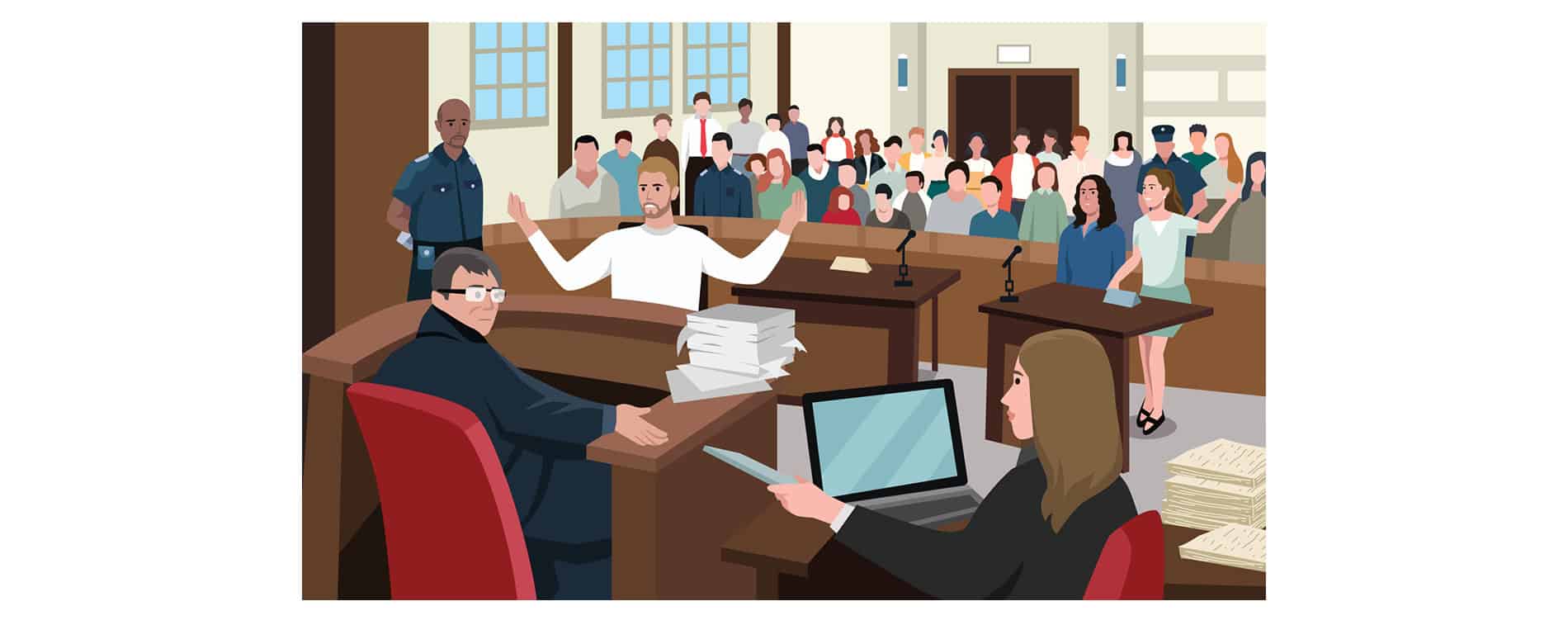The opioid crisis in America has spurred a compassionate revolution in the justice system with the advent of opioid intervention courts. These specialized courts aim to bridge the gap in addiction treatment, changing the script on how states address the challenges faced by opioid users.
Opioid addiction is a public health emergency. With an alarming number of overdoses nationwide, it’s clear that incarceration without treatment is not the solution. Traditional drug courts, although well-intentioned, often take weeks to place individuals in treatment. Opioid intervention courts, on the other hand, operate with a sense of urgency, recognizing that when it comes to opioid addiction, every minute counts.
How These Courts Operate
The Impact and Effectiveness
Buffalo, New York’s opioid intervention court, the first of its kind, has shown promising results. Participants are less likely to relapse or commit new crimes, and more likely to continue treatment compared to those in regular drug courts [3].
“You can’t lock up an addiction. Our main goal
Judge Craig D. Hannah
is to keep our participants alive.”
Buffalo, NY
Understanding the Efficacy
An NPR report sheds light on the practical workings of these courts. Judge Craig Hannah, who oversees Buffalo’s opioid court, emphasizes the importance of treating each individual with dignity and understanding [4]. It’s a place where the court’s staff is invested in the well-being of the participants, and it has changed the face of justice for many.
Why It’s Essential
The opioid crisis has claimed countless lives, with over 42,000 deaths from overdoses in 2016 alone [5]. Opioid intervention courts are a beacon of hope, offering a chance at recovery before it’s too late.
The Road Ahead
While opioid intervention courts are still relatively new, their success offers a blueprint for other jurisdictions. By prioritizing immediate treatment over punitive measures, we can save lives and help heal communities affected by addiction.
This approach recognizes that addiction is not a moral failing, but a medical condition that requires treatment and compassion. It’s a model of empathy and action, working to ensure that those struggling with addiction receive the help they need when they need it most.
References
[1] National Public Radio (NPR), “In Buffalo, This Judge Takes a Different Approach To Opioid Addicts,” accessed April 2023.
[2] Ibid.
[3] Ibid.
[4] Ibid.
[5] Centers for Disease Control and Prevention (CDC), “Opioid Overdose,” accessed April 2023.
[6] Aver Health “Opioid Intervention Court: Removing Shame from Addiction”
Other Resources
Addiction Gap is a certified 501(c)(3) nonprofit
